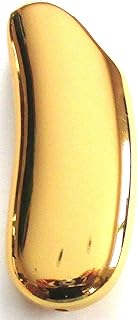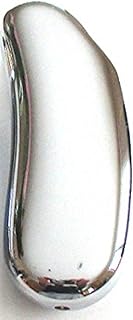Here's why it might not be ideal:
* Limited control: BIC lighters are designed for quick ignition and have a limited flame adjustment. This can make it difficult to control the heat and direct it precisely, potentially leading to uneven burning or accidents.
* Safety concerns: Open flames pose a fire hazard, especially when working with flammable materials. Be extra cautious and ensure adequate ventilation.
* Limited fuel capacity: BIC lighters have small fuel tanks and may need frequent refills, interrupting your work.
When it might be suitable:
* Small, quick tasks: If you only need a quick burst of flame for a short task, like melting wax or sealing a small area, a BIC lighter might suffice.
* No other options available: In a pinch, a BIC lighter can be a temporary substitute if other tools are unavailable.
Better alternatives:
* Butane torch: Offers more control and a larger flame for more substantial projects.
* Heat gun: Provides even heat distribution and precise temperature control, making it suitable for various crafts and DIY tasks.
* Candle: A safer option for projects requiring a smaller, controlled flame, but with a slower heating process.
Safety Tips:
* Always use a lighter in a well-ventilated area.
* Keep flammable materials away from the flame.
* Never leave a lit lighter unattended.
* Supervise children closely when working with lighters.
* Use a heat-resistant surface to protect your work area.
In conclusion:
While you can use a BIC lighter for some crafts and DIY projects, it's not the most ideal tool and always prioritize safety. If you're working on more complex projects, consider alternatives like a butane torch or heat gun.


